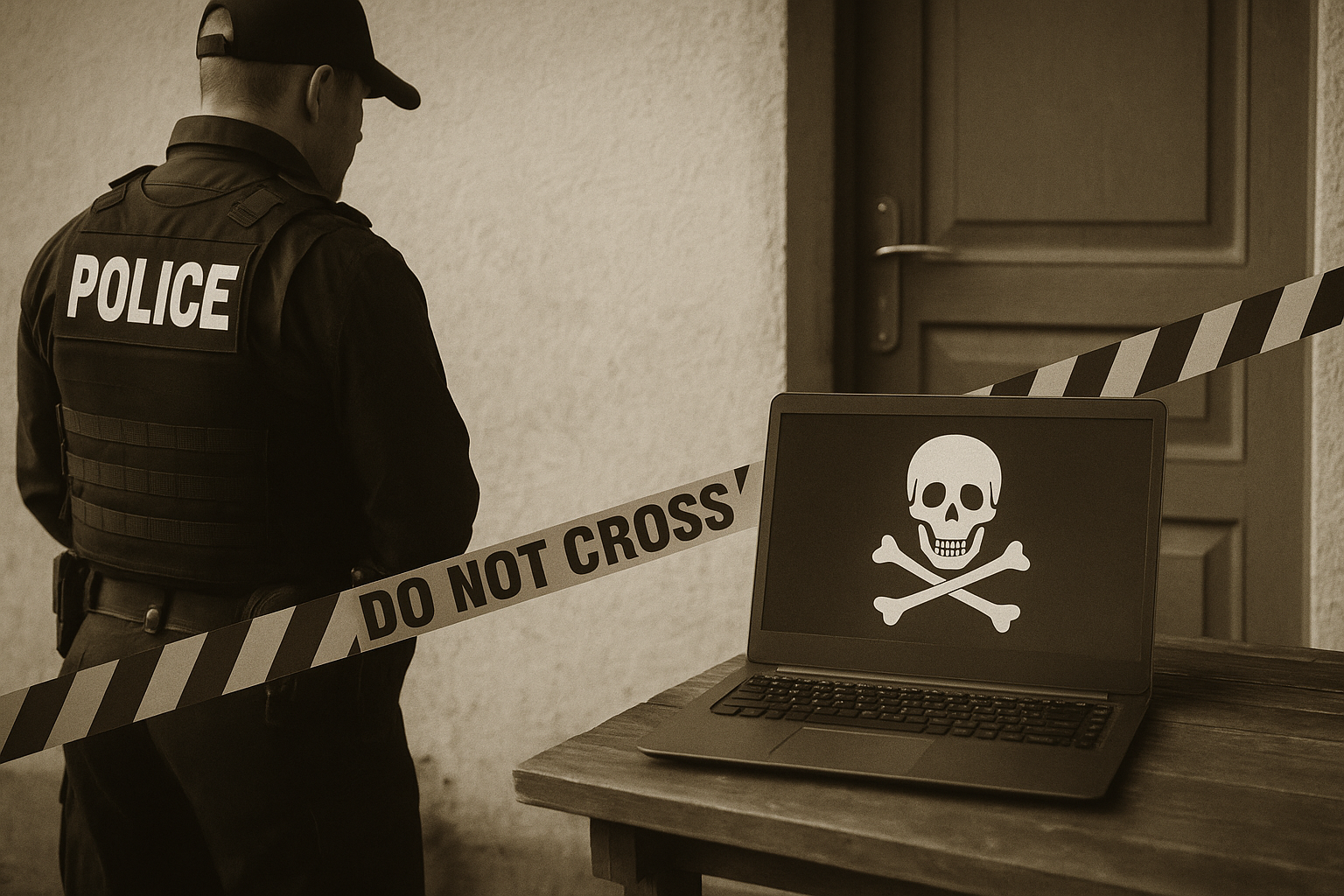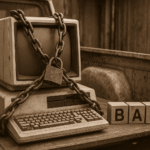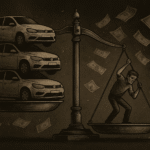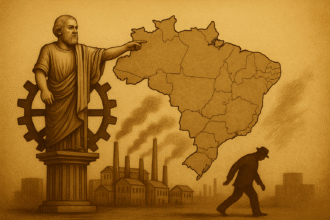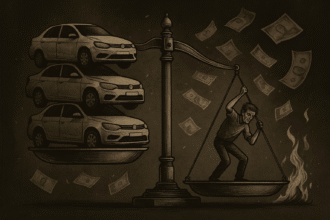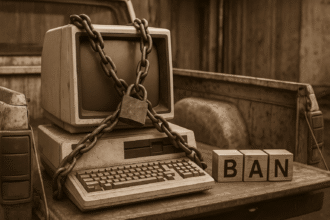The state’s focus is on blocking websites, criminalizing users and increasing sanctions, as in Operations 404. But there is no proportional investment in digital education, accessible alternatives or valuing local innovation. This creates an environment of fear — but not of change.
The Brazilian punitive model: arrest, punish, display
The Brazilian government's logic for dealing with digital piracy follows a well-known pattern: maximum repression, minimum education. Instead of seeking the causes of the problem, the government prefers to respond with symbolic force — raids, arrests, operations with media names, such as Operation 404, which reaches its 7th phase.
THE IPKey Latin America reports that the action involves cooperation with international authorities, blocking thousands of domains and removing content. The stated goal is to protect intellectual property. But the reality is different: an asymmetric war is created between an armed state and an uninformed public, without offering any viable legal alternative.
When fear replaces argument
Repression, in isolation, is a policy of fear. It does not educate, it does not raise awareness, it does not propose. It only prohibits. The problem is that fear is not an antidote to economic exclusion, nor against the digital blackout. On the contrary, fear deepens inequalities.
Meanwhile, platforms remain inaccessible, prices remain high, the internet remains precarious and the citizen continues to be pushed into illegality — now under threat of criminal sanction.
Piracy is not a moral crime — it is a structural symptom
Those who consume pirated content do not generally do so out of contempt for the law. They do so out of necessity, exclusion, or lack of choice. Piracy, in this sense, It is the direct reflection of a State that restricts access, stifles innovation and represses the informality that it itself causes.
As already analyzed in previous posts, as “Protectionism and Market Reserve: the Contraband Laboratory” and “Poor Infrastructure: Where Legal Doesn’t Reach, Pirates Occupy”, the growth of digital piracy is a direct consequence of the state's policy of fiscal and technological exclusion.
Operation 404: spectacle, but no reform
According to Brazil Agency, the new phase of the operation blocked hundreds of websites and channels on social networks, especially targeting streaming content and sporting events.
But what comes after the lockdown? What is the educational plan, the accessible alternative, the project to democratize access? It does not exist. What exists is a punitive model that aims to generate numbers for the press and headlines for authorities. The problem, of course, remains.
Digital education: the strategic absence
Combating piracy requires more than repression: it demands awareness. A society informed about copyright, innovation, licensing models, ethics of access and legal forms of consumption is much more efficient than a police state.
But this would require investment in educational campaigns, updating school curricula, valuing national innovation, encouraging open platforms and reducing taxes on cultural assets. None of this is part of the public agenda.
Perverse incentives: legal is difficult, pirate is simple
Today, the legal path to consuming culture and technology in Brazil is full of barriers: high taxes, prices in dollars, unfavorable exchange rates, constant verification, and stable internet. Pirated content, on the other hand, is light, fast, offline, accessible, and free.
The State, instead of removing these barriers, reinforces them with more control and punishment. And when the cost of being legal is greater than the risk of being illegal, economic rationality wins over legal morality.
The moral failure of the State: punishing without offering an alternative
The morality of state combat is undone when the State itself fails to guarantee access, justice and freedom of choice. Citizens cannot be treated as criminals. by circumventing the barriers that the government itself has erected.
There is no legitimate authority when the law protects privilege, not access. The state loses its moral legitimacy when prefers to punish rather than teach, block rather than enable, coerce rather than liberate.
Conclusion: educating is more effective than repressing
The real solution to piracy does not lie in spectacular operations, but in structural reforms. Fair taxation, decent infrastructure, market freedom and digital education. This is the way.
Until this is done, the fight against piracy will be just another lost war by the State against the effects of its own policies.
📨 Did you like the analysis?
Subscribe and receive weekly content that the State doesn't want you to read.
📌 References
- IPKey Latin America – Operation 404.7: international fight against digital piracy
- Agência Brasil – Police launch new phase of operation against internet piracy
- Power & Market – Protectionism and Market Reserve: the Smuggling Laboratory
- Power & Market – Precarious Infrastructure: Where Legal Doesn’t Reach, Pirates Occupy
